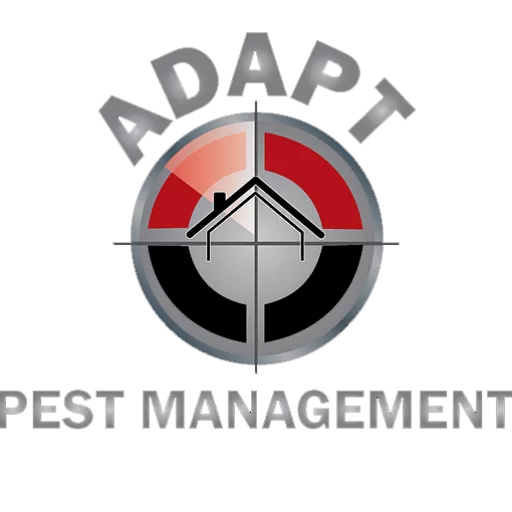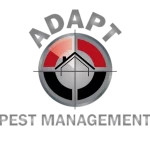As the temperatures start to drop again here in Rocklin, we naturally see less outdoor pest activity. Many insects die off, enter hibernation, or simply become inactive during the colder months. But indoors, conditions are very different. Heated homes, steady humidity, and access to food all provide the stability pests need to survive. That means that while you may not notice as many insects outside, indoor pests are still active – often hiding, nesting, and reproducing quietly through the winter.
If you don’t have ongoing pest control, there’s a good chance some of these pests are already living inside your walls or attic. The question isn’t whether pests disappear in winter – it’s what they do while you’re less likely to see them.
How Pest Behavior Changes During Cold Weather
Cold weather doesn’t drive pests out of your home. It simply changes their habits. Insects and rodents that found their way indoors before the temperature dropped adapt to your home’s conditions. Heating systems, plumbing lines, and stored food make most homes a perfect refuge.
Some of the most common behavioral changes include:
- Moving Toward Warmth – Pests gravitate to stable, insulated areas where temperatures don’t fluctuate, such as wall voids, attics, and around appliances.
- Reduced Visibility – Many insects become less active on surfaces but continue living and reproducing behind walls or under flooring.
- Ongoing Reproduction – Species such as cockroaches and pantry pests continue breeding in warm, moist environments.
- Rodent Nest Expansion – Mice and rats often increase nesting activity during winter, using soft materials and stored food to sustain their colonies.
While fewer pests migrate indoors from outside this time of year, those already present can remain just as active and persistent.
Common Indoor Pests and Their Winter Habits
Each type of pest has its own survival strategy for winter. Knowing what they do helps you understand why year-round pest control is so important.
- Rodents (Mice and Rats) – These mammals are highly motivated by warmth and food. Once inside, they chew through drywall, insulation, and even electrical wiring to build nests. They also reproduce quickly, turning a minor intrusion into a full infestation in just a few weeks.
- Cockroaches – Kitchens and bathrooms provide ideal winter environments for cockroaches. They remain active year-round if moisture and food are available, spreading bacteria and allergens as they move about.
- Spiders – Many spiders relocate indoors to follow their food sources. While most are harmless, they often indicate the presence of other insects they rely on for food.
- Ants – Outdoor ant colonies go dormant, but indoor colonies—especially those near heat or plumbing—can stay active. Carpenter ants in particular can remain partially active if the wood they’ve infested stays warm.
- Silverfish – These insects favor dark, humid areas such as bathrooms and storage spaces. They feed on starchy materials like paper, fabric, and glue, and can stay active year-round indoors.
- Bed Bugs – Because they live close to human hosts, bed bugs are unaffected by outdoor weather and remain active in homes, hotels, and apartments throughout the winter.
- Carpenter Ants and Termites – Both can continue damaging wood within heated structures, even when outdoor temperatures drop too low for foraging.
- Stink Bugs and Boxelder Bugs – These overwintering insects often hide in wall voids, attics, or window frames, entering dormancy until spring when they emerge in large numbers.
The important distinction is that indoor pests are shielded from environmental changes. They don’t need to hibernate or die off; they can continue feeding and reproducing in comfort unless addressed directly.
The Importance of Winter Pest Control
Many homeowners assume pest control can wait until spring. In reality, winter can be one of the most effective times to treat infestations. Because pests cluster in predictable, confined areas, it’s easier to locate nests, apply targeted treatments, and seal new entry points before the next active season begins.
Winter pest management helps by:
- Identifying hidden infestations before they grow larger
- Reducing existing populations while activity is localized
- Preparing the home to prevent spring resurgence
Pest control is not just for summer – it’s a year-round safeguard. At Adapt Pest Management, we help homeowners throughout Rocklin and the Greater Sacramento area protect their properties through every season. When the temperature drops, your pest protection shouldn’t. Call us to schedule an inspection or request ongoing service to ensure your home stays pest-free no matter the weather.


